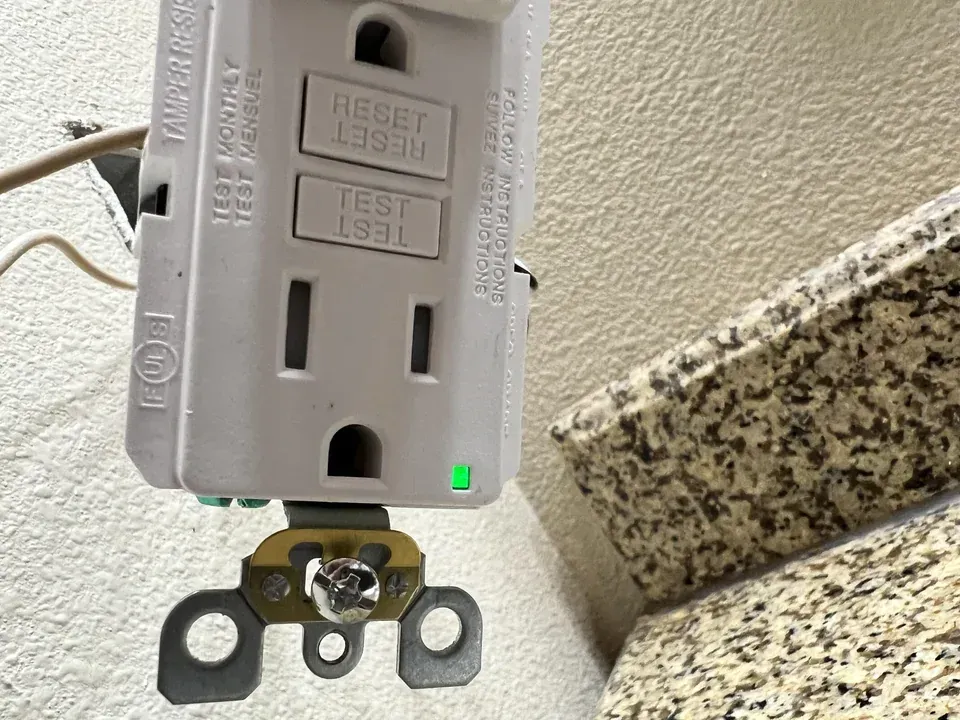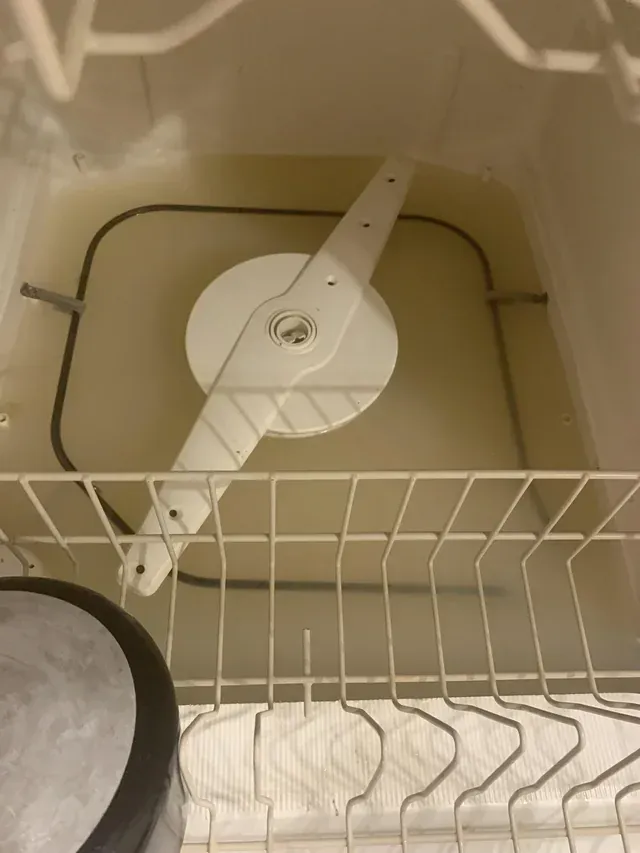
Why isn't my outlet working all of a sudden?
What could be going on with my outlet?

An electrical outlet is an essential component of any home or workspace, providing power for various devices and appliances. However, sometimes outlets may stop working, causing inconvenience and potential hazards. In this blog, we will discuss the common reasons why an electrical outlet might not be working.
- Tripped Circuit Breaker:
- A circuit breaker is a safety device that protects the electrical circuit from overloading or short circuits. If you plug too many appliances into a single outlet or if there is a short circuit, the circuit breaker will trip, cutting off power to the outlet. To fix this, go to your electrical panel and check if any circuit breaker has tripped. If you find one, reset it by turning it off and then back on.
- Blown Fuse:
- If your home has an older electrical system, you may have a fuse box instead of a circuit breaker. If the outlet is not working, there is a chance that the fuse has blown. To fix this, locate the fuse box and check for a blown fuse. If you find one, replace it with a new one.
- Loose Wiring:
- Over time, the wiring inside the outlet may become loose or disconnected, causing the outlet to stop working. This can happen due to constant use or vibrations. To fix this, turn off the power to the outlet and remove the cover plate. Check if any wires are loose or disconnected. If you find any, tighten them or reconnect them if needed.
- Faulty Outlet:
- Sometimes, the outlet itself may be faulty and needs to be replaced. This can happen due to age, damage, or wear and tear. If you suspect that the outlet is faulty, turn off the power and remove the cover plate. Check the wiring and see if there is any damage or corrosion. If everything seems fine, replace the outlet with a new one.
- GFCI Tripped:
- Ground Fault Circuit Interrupter (GFCI) outlets are designed to protect people from electrical shock. If the outlet detects a ground fault, it will trip, cutting off power to the outlet. To fix this, press the "reset" button on the GFCI outlet. If the outlet still does not work, it may be faulty and needs to be replaced.
In conclusion, a non-working electrical outlet can be frustrating and potentially dangerous. By understanding the common reasons why an outlet may not be working, you can troubleshoot and fix the problem. However, if you are not confident in your electrical skills, it's always best to call a licensed electrician to ensure your safety and the proper functioning of your electrical system.
Book a Service Today
We will get back to you as soon as possible
Please try again later
Have a different question?
Please don't hesitate to reach out! I am more than happy to help you with any questions you may have!
Location
1002B South Church Avenue
P.O. 10027
Tampa Florida 33615
Call
424-333-2303
All Rights Reserved | Tampa Handyman Services LLC


